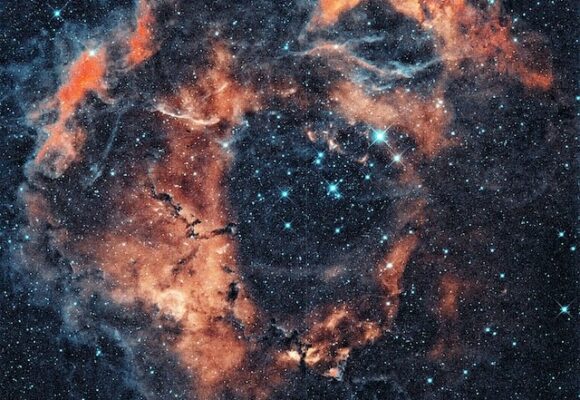I don’t much care what you believe as long as it doesn’t infringe on the rights of others. A few hundred years ago, some folks risked their lives on an ocean journey for the right to believe what they wanted, and not long after, we had this thing called America.
It’s been touch-and-go ever since, with a few simple rules and a sort of Ten Commandments (the Bill of Rights) to temper the hijinks one might expect from most central governments. The worst system concocted by man except for all the others. One of the rules was no state-sponsored religion which did not prevent the sovereign states from doing that very thing, but political evolution changed that for the better.
The descendants of the folks who survived the dangerous journey across the ocean were free to “worship” anything or nothing. They could discuss it in the press or on a soap box, with the General Government having no say in any of it, not legally. Local peer pressure was another matter, but with the freedom to travel, you could up and move if you had the means or even if you did not.
Somewhere along the way, someone decided that you could get around the prohibition and suppress people’s religious rights (and not long after speech, press, and association) by worshiping things like science or reason, even if the attendant dogma was neither.
Science, hijacked by atheists, has since been reduced to scientism with an accompanying theological absolutism about as anti-science as a thing could be. Some of its greatest sins are recent (climate and COVID come to mind), but the greatest debate revolves like the earth around the sun over origin. The two camps (there are more, but not today) are “You can’t get something from nothing” and “Oh, yes, you damn well can.” The latter, unable to explain where the stuff that erupted from the Big Bang originates, have decided it didn’t and doesn’t need to have even existed.
From Marilyn Prever, writing for Touchstone,
One of the most popular candidates for a “natural process” that may account for “the entire universe” is a random quantum fluctuation, which has the advantage of being virtually nothing at all, and acting upon a new kind of nothingness, a vacuum that somehow has a structure. The idea is that nobody has to pipe up and ask, “But Professor, where did the quantum fluctuation come from?”
You don’t have to account for it, this nothing that can turn into a universe; it’s just there, like the cosmic ocean, or Yggdrasil the World Ash Tree, or whatever is already just there in those charming Babylonian-type creation myths—and very much unlike the unique simplicity of Genesis: “And God said, Let there be light, and there was light.”
The answer to the ignorance of the ineffable in religion is for those who believe themselves exponentially more clever than people of faith to lobby for ineffability in science. The atheists are swooning, but as Prever also notes,
Why is it that the atheists are allowed to freely accuse believers of cowardice and wishful thinking—of not having the guts to face the hard truth—when we believers don’t dare suggest, even ever so delicately, that when someone prefers this non-personal “fluctuation” to the God of Abraham and Moses, there may be something at work besides heroic honesty. After all, belief in a personal God is liable to cost the worshipers something in the way of interference with their sex lives, their reputations, or even their chances of tenure. There are all kinds of wishful thinking.
But even if all the atheists have hearts as pure as the driven snow and all believers are the crabbed, bigoted, fearful yahoos the atheists would like to think they are, I still insist that this updated form of atheism is a perverse and ignoble idea, and answering it does not require a Ph.D. in astrophysics. We only need to ask what kind of hard evidence could possibly be brought forth to prove it, considering that the whole idea of proof depends on the reliability of the human mind—which must be pretty much zilch if that mind is nothing but the effect of random and meaningless processes.
The random and meaningless processes can no longer explain where the quantum fluctuation came from than their alleged ape ancestors could explain the sun or moon. It just is, like the idea that you can believe what you want as long as it doesn’t infringe on the rights of others. And we’d be fine if that were the case, but it’s not. The New Atheism, while more religious, is less tolerant, just like its secular humanist ideological brethren who cluster under the banner of the Political Left. Denominations of the same empty faith, all equally ineffable, but certified as legitimate simply because they pretend it is based on science.
A belief system, perhaps no different than any other. After all, if there is a God, it is reasonable to ask where they came from. What is not reasonable is using scientism to deny everyone else their unexplained first origin or the belief system that sustained it. If we are truly equal under nature or nature’s god, then none of us is entitled to a monopoly on faith or its absence. And wouldn’t demanding otherwise be one of the many sins of which atheists or ‘scientismists’ accuse people of faith?
Believe what you like, just as long as it doesn’t infringe on the rights of others, which includes believing things you do not.
Note: The original version, as published, was unfinished. Apologies for the error, but it has since been remedied.





